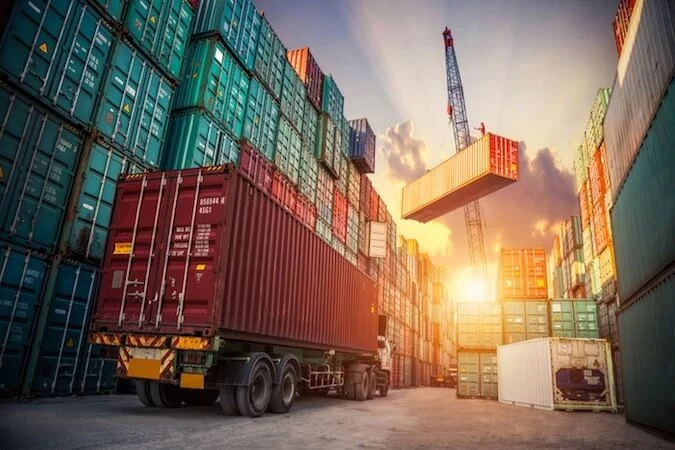17 February, 2023 Shipping containers are vital in global trade, and lifting them safely and efficiently is essential for both worker safety and the integrity of the cargo. Whether you're moving a container from one location to another or preparing it for transport by sea, using the right techniques can prevent accidents, damage, and costly delays. In this article, we’ll explore safe and effective methods for lifting shipping containers, with a focus on container lifting as the central theme. One of the most common tools used for lifting shipping containers is the use of slings. These are flexible straps designed to securely hold the container during the lifting process. Another advanced option is the automatic lifting hook, which provides a safer and more efficient alternative to manual lifting. These hooks attach to the top corner castings of the container and are operated remotely via a crane, reducing the risk of injury and increasing operational efficiency. Automatic crane hooks are particularly useful in environments where speed and precision matter. They are designed to adjust to different container sizes and weights, making them a versatile choice for various lifting scenarios. This adaptability helps reduce downtime and ensures that lifting operations can be carried out smoothly, even when dealing with irregular or heavy loads. Table of Contents Cranes are among the most commonly used equipment for lifting shipping containers. Two primary types are mobile cranes and gantry cranes. Mobile cranes offer flexibility and are ideal for loading and unloading containers from trucks or ships. Gantry cranes, on the other hand, are stationary and typically used in ports or shipyards for large-scale lifting operations. Auto Release Hooks Lifting Hooks Elebia hooks are a specialized type of automatic lifting hook that offers enhanced safety and efficiency. Designed for use with container lifting systems, they allow for quick and secure attachment without requiring manual intervention. This makes them especially valuable in high-volume logistics environments where time and safety are critical factors. There are several methods for lifting shipping containers, each suited to different situations. Forklifts, hydraulic lift systems, and container lifting jacks are some of the most commonly used alternatives to cranes. The choice of method depends on factors such as container size, weight, and site conditions. Forklifts are ideal for small to medium-sized containers, especially in confined spaces. Operators insert the forks into the corner castings and lift the container off the ground. While convenient, forklifts have limitations in terms of weight capacity and stability, so they should only be used when appropriate. Hydraulic lift systems are widely used in shipyards and container terminals. They utilize hydraulic cylinders to raise and lower containers, providing a smooth and controlled lifting motion. These systems are known for their reliability and are often used in conjunction with other lifting equipment for complex operations. Container lifting jacks are an essential tool for safely lifting heavy containers. When using these jacks, it's important to ensure proper alignment and secure anchoring to avoid accidents. They are especially useful in situations where cranes or forklifts are not available or practical. Choosing the right slings is crucial for safe and efficient container lifting. Different types of slings are suitable for different applications, and selecting the wrong type can lead to damage or even accidents. Here are some of the most recommended options: When choosing slings, always consider the container’s weight, dimensions, and the environment in which the lift will take place. It’s also important to inspect the slings before each use and follow the manufacturer’s guidelines to ensure maximum safety and performance. Iron Remove Device,Iron Ion Removal Filter,Industrial Water Filter Systems,Iron Ion Filter System Foshan Hongjun Water Treatment Equipment Co. Ltd , https://www.hjwastewatertreatment.com
Lifting with Gantry Cranes
Get to know more about Elebia hooks
Other Ways of Lifting a Sea Container
Forklift Trucks
Hydraulic Lift Systems
Container Lifting Jacks
What Type of Slings Are Recommended?